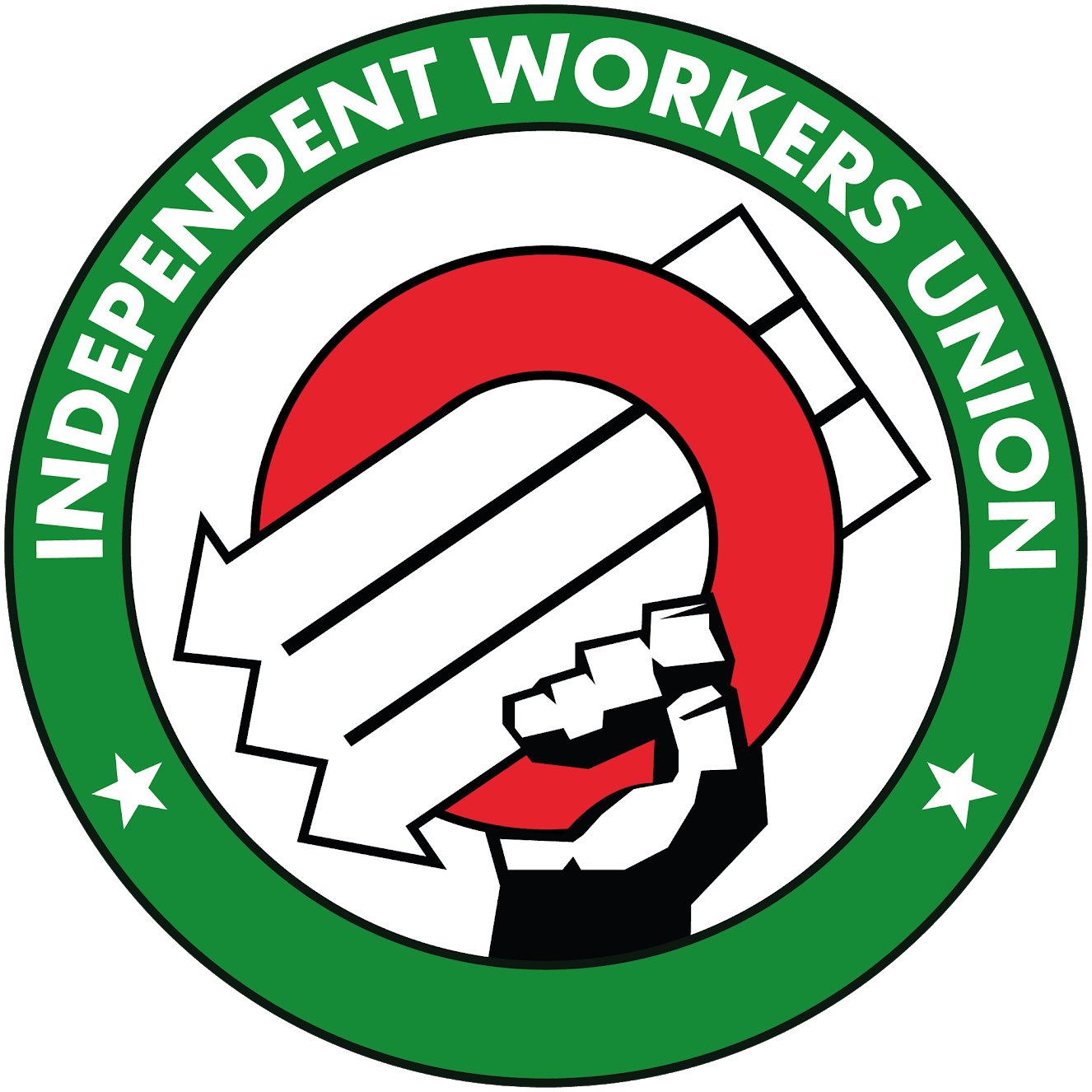Latest developments and next steps in the University of London outsourced workers’ dispute
Last week saw the second wave of strike action by porters, cleaners, security staff and maintenance workers employed by the contractor Cofely GDF-Suez at the University of London. The three day strike, which took place on the 27, 28 and 29 of January, followed the previous two day stoppage in November last year.
Both strikes were unprecedented in their strength and impact.
Following the first strike, immediate improvements to terms and conditions were announced by the University and the company, with new contracts offering more holidays and proper sick pay (previously only statutory sick pay had been paid). Crucially, however, rather than open negotiations with the IWGB over these proposals, they were instead described as having been already accepted without consultation on behalf of the workers by the UNISON union, despite it having only a smattering of largely managerial members.
Furthermore, the proposals fell well short of ensuring equality of treatment with the University’s directly-employed staff, and did nothing to address the job losses threatened by the impending closure of three Halls of Residence, where many of these workers are based.
The IWGB called for further talks over these issues, and when these were refused, returned to members who overwhelmingly endorsed the call for a second strike.
Once again, the strike saw a large turnout, with workers from across all areas of the contract (cleaners, security staff, porters and maintenance workers) and a myriad of different countries (including Colombia, Ecuador, Bolivia, Guatemala, Poland, Slovakia, Pakistan, the United States and the United Kingdom) represented. Backing from students, union branches and other supporters was such that once again a strike fund capable of paying all the wages of the participants was raised.
Two of the days saw mass pickets, turning away delivery vans and defying the rain. And on the Tuesday an open top bus took the picket around London, to Cofely HQ, the Royal Opera House, and Westminster, where MPs including John McDonnell and Jeremy Corbyn spoke in support of the strike.
The immediate response of the company has been repression, with letters being sent to workers threatening disciplinary action for attending the picket. But beyond this, there appears to be a growing sense at the University of London that the IWGB is here to stay. Membership among Cofely employees is now above 50 per cent, far higher than that of any other union and normally sufficient to trigger automatic recognition. Directly employed University staff are also joining, as they recognise the benefits of belonging to a union independent of management, and one which is genuinely democratic and prepared to fight on their behalf.
From the IWGB, there is an acceptance that, while the dispute remains live, and more strikes are likely, the best way to resolve their members’ myriad issues is through negotiation, and they are keen to do what they can to remove any stumbling blocks to recognition. The next step is likely to be a formal letter to Cofely management, inviting both sides to make a genuine attempt to resolve the dispute via the involvement of ACAS.
Should this fail, a campaign of rolling strikes of more prolonged duration is envisaged, as workers are determined that the momentum their actions thus far have established be maintained.

© Sindicato de Trabajadores Independientes de Gran Bretaña 2025
Diseñado y construido en la IWGB con amor, cuidado y café. Hasta la victoria siempre.


